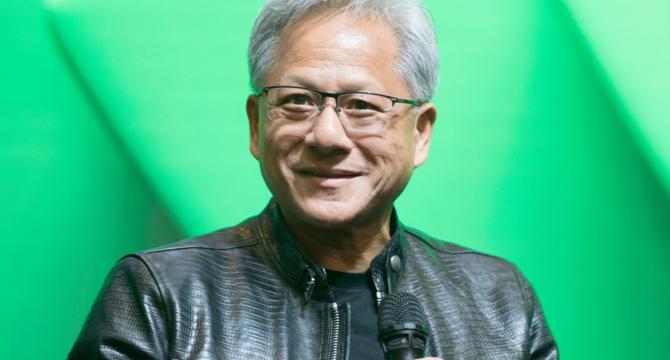Pymnts
1M
122

Image Credit: Pymnts
Nvidia Takes $4.5B Inventory Charge Due to Chip Trade Policy
- Nvidia CEO Jensen Huang announced a $4.5 billion inventory charge due to recent U.S. export-control changes affecting its growth plans in China.
- The new rules require licenses for U.S. chipmakers to ship advanced devices to China, impacting Nvidia's H20 processor.
- Nvidia cannot sell or repurpose the inventory of H20 chips, designed to meet earlier compliance thresholds.
- Despite Chinese firms continuing to build AI capabilities, Nvidia faces challenges due to export controls and market closure in China.
- Nvidia is engaged with policymakers and customers to navigate compliance issues and find paths forward in AI infrastructure projects worldwide.
- The company is focusing on AI initiatives globally, including projects in Saudi Arabia, UAE, Taiwan, Japan, and partnering with TSMC and Foxconn for chip manufacturing.
- Nvidia aims to have chips and systems built in America within a year, emphasizing investments in advanced manufacturing.
- AI demand is soaring, with Nvidia expanding its portfolio across cloud, enterprise, humanoid robots, gaming, quantum, and 6G sectors.
- In its fiscal first quarter, Nvidia reported strong financial results with net income of $18.77 billion and revenue of $44.06 billion, exceeding Wall Street's expectations.
- Nations are investing in AI infrastructure, signaling a significant growth opportunity for Nvidia in AI sectors like enterprise and industrial AI.
Read Full Article
7 Likes
For uninterrupted reading, download the app